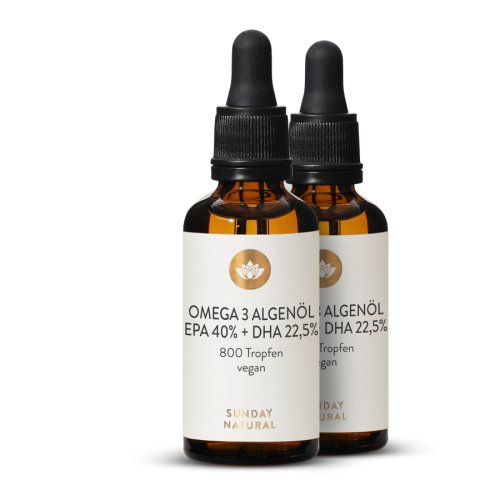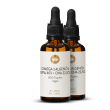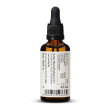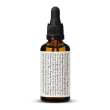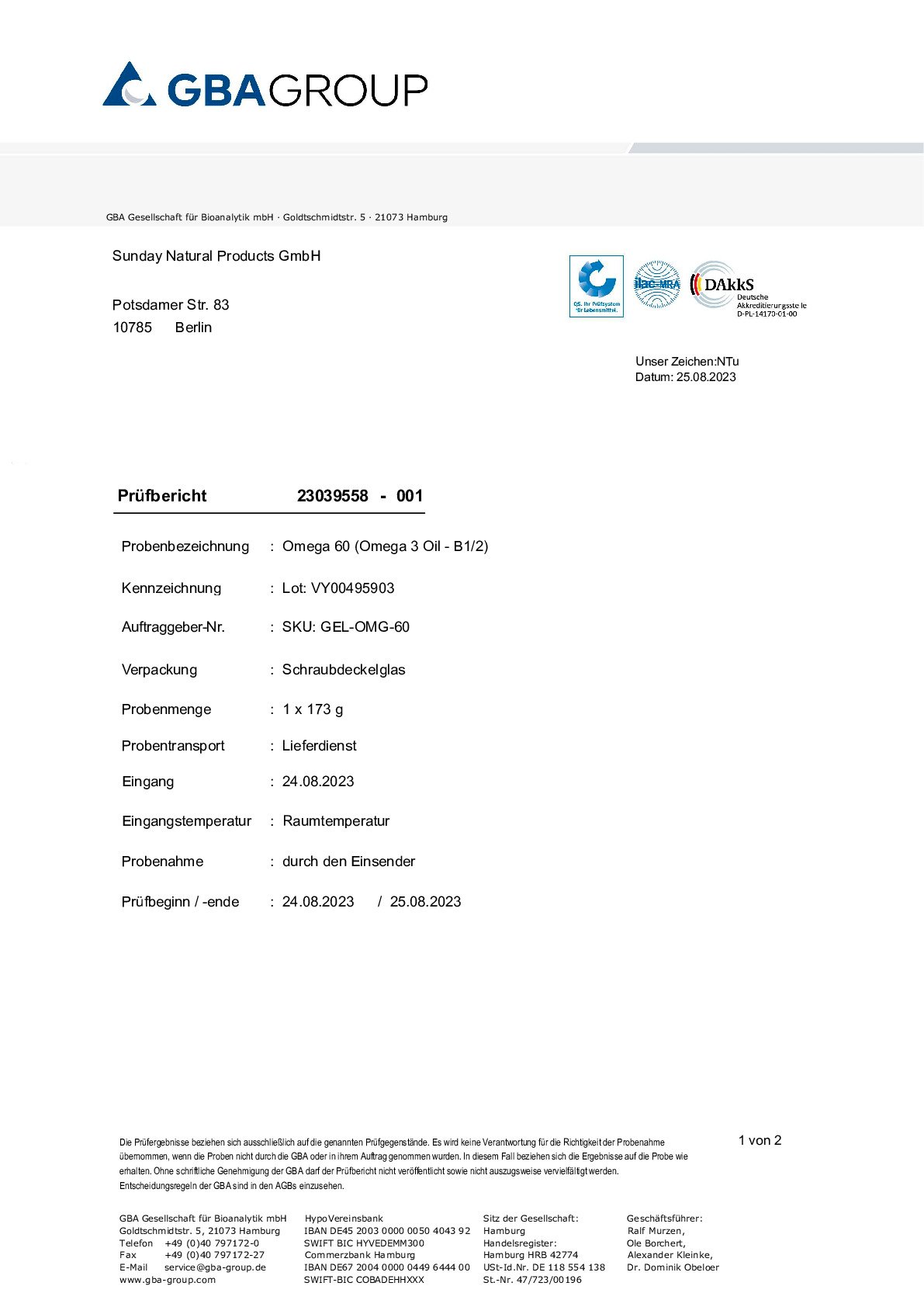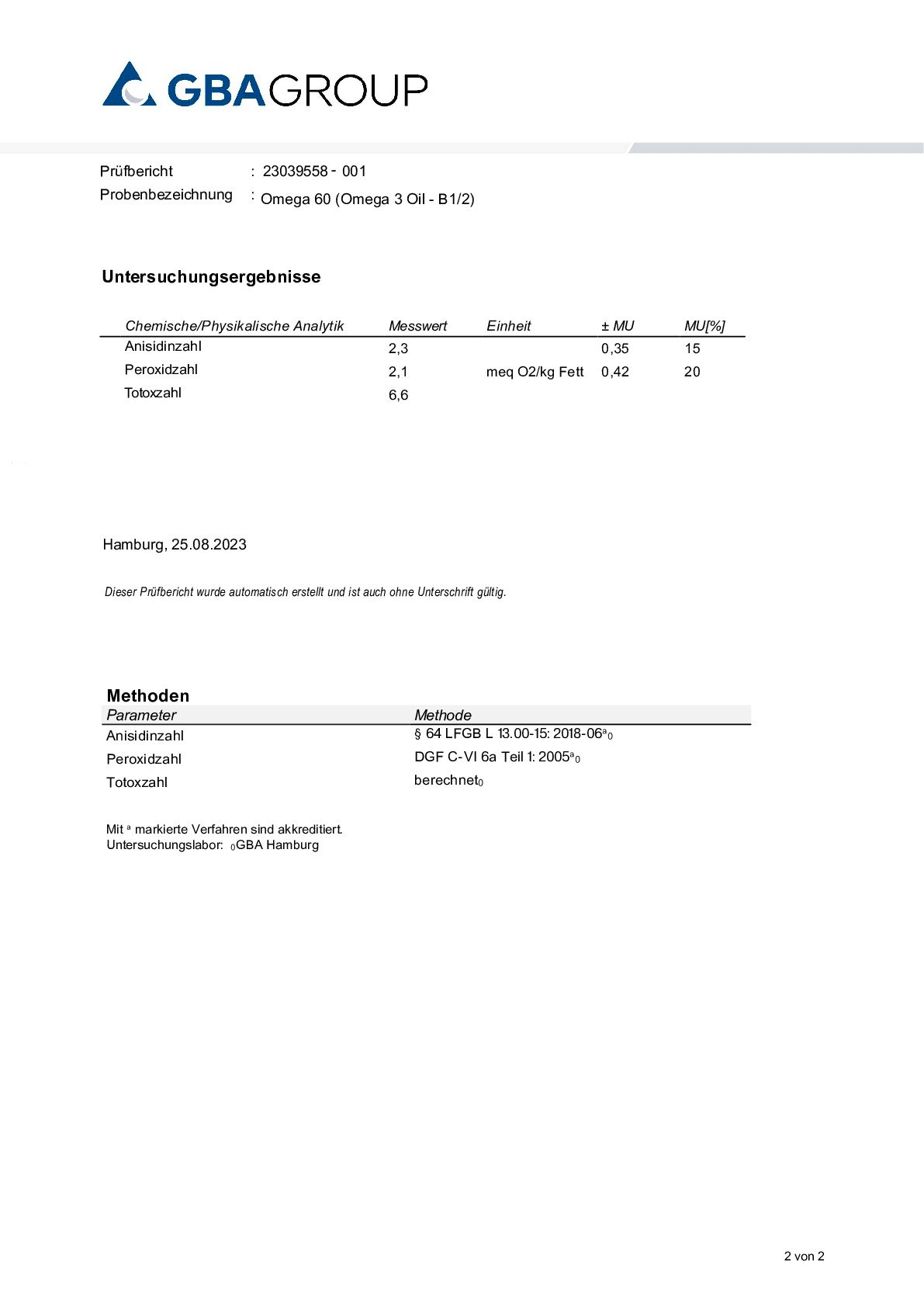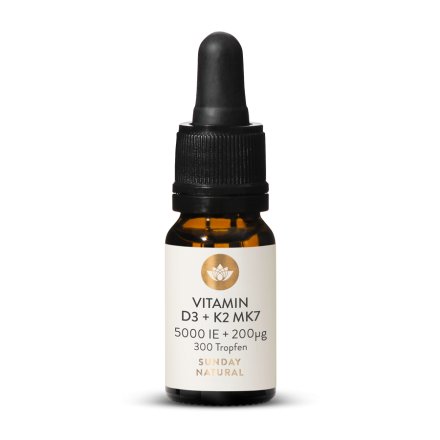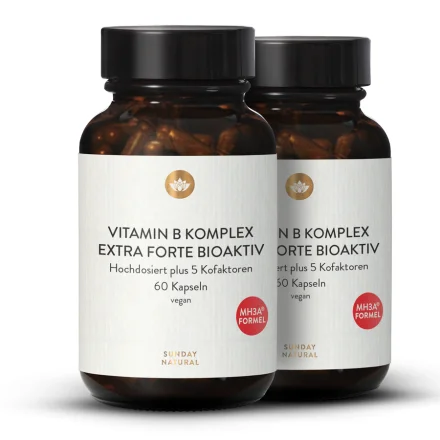Omega-3 oils are only as good as they are fresh: omega-3 fatty acids are naturally reactive and prone to oxidation processes, leading to rancidity. Oxidised omega-3 fatty acids produce primary fatty acid peroxides, which further degrade into secondary oxidation products, such as aldehydes (e.g., malondialdehyde and 4-hydroxyhexenal). Assessing oxidative by-products is therefore vital to guarantee the quality of omega-3 supplements.
To gauge omega-3 oil oxidation, three key values are employed: the peroxide value (PV), p-anisidine value and the TOTOX value, the latter of which is calculated from anisidine and peroxide values (TOTOX value = p-anisidine value + (2 * PV)).
The TOTOX value (TOTal OXidation) is an internationally recognised indicator which assesses overall oxidation levels in fats and oils, serving as an important barometer of their freshness. The anisidine value (AV) measures aldehyde formation during fat oxidation, revealing whether the oil was processed and stored correctly. The peroxide value (PV) quantifies the state of oxidation. Higher TOTOX values indicate greater rancidity.
We continuously monitor our omega-3 products for anisidine and peroxide values, not only at the raw material stage but also after the oil has been filled into our capsules and bottles at the final product stage. During production, we take the greatest possible care to ensure that all contact with oxygen is minimised in order to prevent oxidation processes. We prioritise the freshness of our raw materials and proper end-product storage, minimising extended storage times.
Official bodies (IFOS, IKOS, GOED, GMBI) stipulate that the following limits must not be exceeded:
- Peroxide value (PV): maximum 5 mEq/kg
- Anisidine value (AV): maximum 20
- TOTOX value: maximum 26
A TOTOX value exceeding 26 indicates spoilage in the omega-3 oil, rendering it unfit for consumption. Conversely, a TOTOX value below 20 signifies fresh, high-quality oil.
A deterioration in the taste or smell of the algae oil within this timeframe suggests premature oxidation. Possible culprits include contact between the dropper and the mouth/tongue or improper storage: store your omega-3 product away from light in the refrigerator's lower section to significantly slow down oxidation processes in the algae oil, both before and after opening the package.
Our products have values well below the recommended limits. Please refer to our lab test results below.



